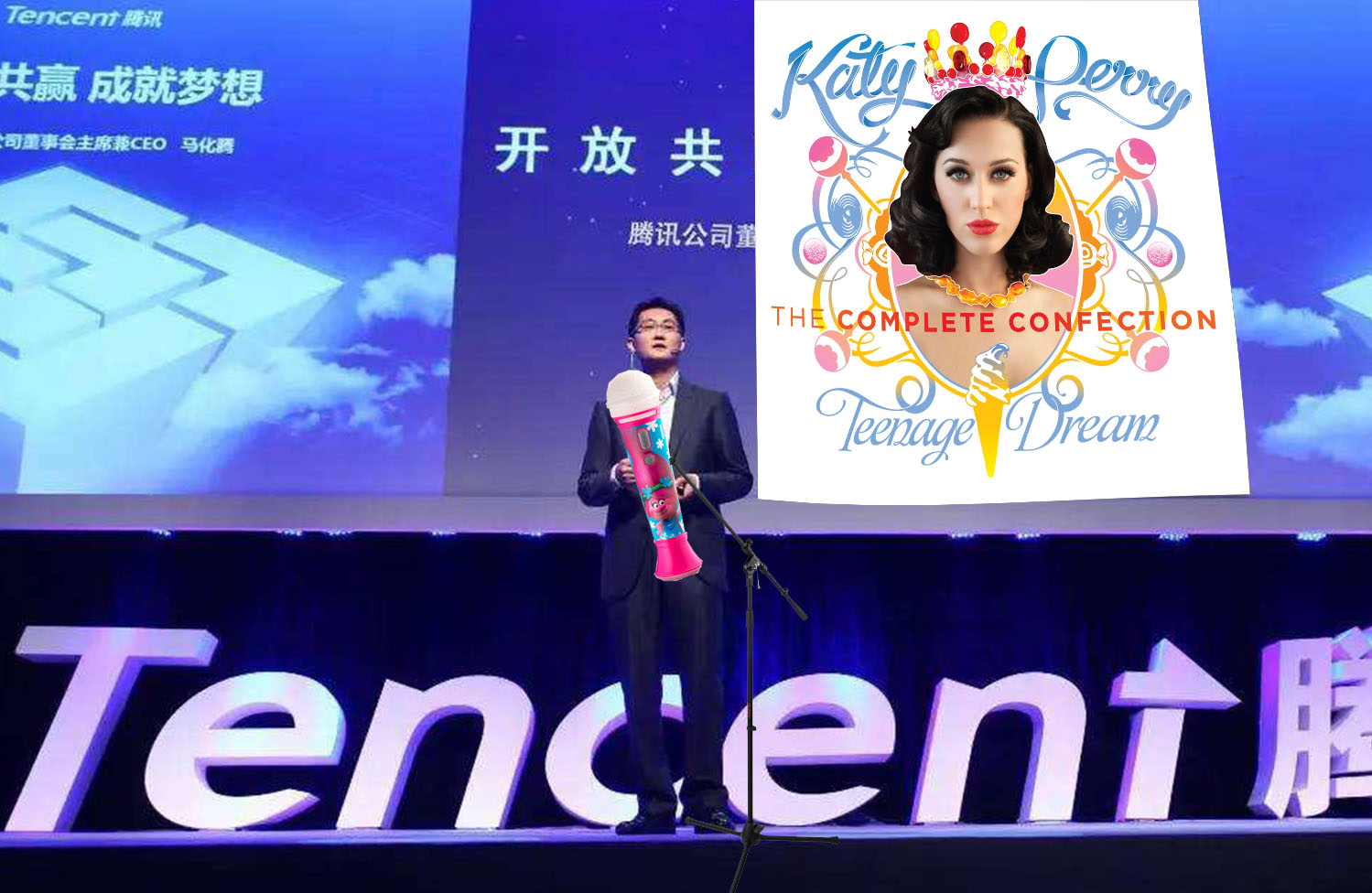I represent a dying breed of individuals who seek out nostalgia when shopping, sometimes at the cost of functionality. While others are dead-set on virtual reality and the future of technology, I am still astounded by the design aesthetics of products released many years ago. Perhaps my worst offense emanates from how I auscultate music. In full admittance before all of you, I still purchase compact discs, or CDs, and listen to them on my car’s stereo. There’s something innately human about digging through used CD bins at garage sales and record stores that allow me to live, even for a moment, in a time before music was streamed via smartphones and other internet-connected devices. As I said, I am one of few who still fulfill this practice, whereas the rest of the world prefers to stream millions of songs from every discography ever created, all at the control of their fingertips. I’m not negating how incredible this is, just pining for a simpler time.
Either way, while most of the world’s tonal connoisseurs pinball between music streaming apps like Spotify (SPOT), Apple Music (AAPL), Amazon Music (AMZN), and the honorably mentioned Tidal, Chinese music lovers prefer Tencent Music. Tencent (TCTZF), the multi-billion dollar company behind WeChat, think social media meets messaging application, launched “Tencent Music” back in 2016, and the company’s apps, including QQ Music, Kugou, and Kuwo, represent over 800 million active users and 120 million paying subscribers.
Having said that, Tencent (TCTZF) Music’s most significant revenue stream comes from an app called “WeSing.” If you find yourself in China without any idea of how to spend time on a Friday night, any local twenty-something will point you in the direction of a karaoke bar. Some of these venues have hundreds of rooms with concert-quality AV setups, and once you’ve had a few drinks, it’s a lot of fun. Tencent Music’s “WeSing” app took the experience of going to a karaoke bar and fit it into a social media platform. Through the app, users can perform their favorite songs, live stream these performances to their friends and followers, as well as leave comments, and challenge others to sing-offs.
“While (Tencent Music) hasn’t made much headway in growing its subscription revenue and is relatively struggling on that front, versus its social entertainment services revenue, it has been able to exploit its local knowledge to make money via its karaoke and livestreaming. It seems to be doing great on the social front.”
–Sumeet Singh, Analyst, Aequitas Research
Riding the wave of Tencent (TCTZF) Music’s massive success with the “WeSing” app, as well as its predominance as China’s most popular streaming site, the company filed for an initial public offering on the New York Stock Exchange (NYSE) early last week. According to several outlets, Tencent (TCTZF) Music executives were looking to raise as much as $1.2 billion from their IPO, with the offering including “82 million American depositary shares (ADS) representing 164 million Class A ordinary shares, for between $13 to $15 each,” according to TechCrunch. However, as with everything that happens in life, sometimes things don’t always go according to plan.
Last week, Hanwei Guo, a Chinese investor in Tencent (TCTZF) Music, accused the company’s co-president of using scare tactics such as threats and intimidation to force Guo to sell his shares in Ocean Music, a former holding of China Music Corporation, of which the parent company merged with Tencent back in 2016. Hanwei claims that TME’s president Guomin Xie Guo pressured him into selling his shares for reasons that he later discovered were fraudulent. The untimely lawsuit comes days prior to one of the most anticipated IPOs of the year.
A spokesperson for Hanwei Guo issued a statement on the matter:
“We believe a review of the circumstances and facts surrounding this matter clearly show that Mr. Xie, who is now Tencent Music’s Co-President, used unlawful intimidation tactics and threats to defraud a respected, honorable investor. It is unfortunate that Mr. Xie and other respondents have not righted this wrong prior to Tencent Music’s December 12 initial public offering in the United States, where shareholders and regulators hold companies and their officers to high standards of conduct.”
–A spokesperson for Hanwei Guo





